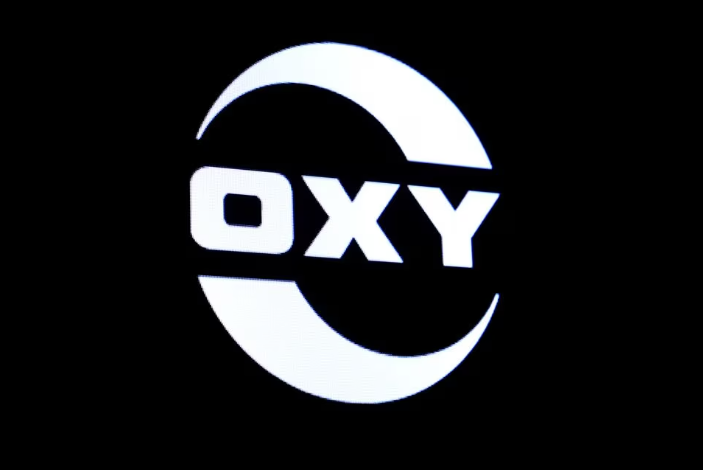
The U.S. oil producer aims to build about 100 plants using direct air capture (DAC) technology that strips carbon dioxide (CO2) from the atmosphere to bury underground or for use in making products such as concrete and aviation fuel.
The DAC technology is in early stages of commercialization and will require multibillion-dollar investments to prove it can work economically and generate profits.
"This is not a huge deal for Occidental, but we think it adds to near-term leverage and heightens concerns over cash burn at (Occidental's) Low Carbon Ventures division," Roth MKM brokerage firm said in a note.
The payments will be spread over three approximately equivalent annual payments, with the first due at closing, which is expected for before the end of 2023, the companies said.
Carbon dioxide is a greenhouse gas. President Joe Biden's administration views DAC technology as a tool to help meet a goal of neutralizing emissions by 2050, if it can be commercialized and applied at industrial scale.
While carbon capture is applied to emissions produced at industrial facilities, DAC actively removes CO2 from the air.
Last Friday, the U.S. Department of Energy announced sites in Texas and Louisiana will get over $1 billion in federal grants. Some of that money will fund Occidental's 30 proposed DAC plants in Kleberg Country, Texas.
The two sites will be the first funded by a $3.5 billion authorization for regional DAC hubs funded by Congress from the bipartisan infrastructure bill.
Occidental said it has been working with Carbon Engineering on DAC deployment since 2019.
"The acquisition enables Occidental to catalyze broader development partnerships for DAC deployment in the most capital efficient and valuable way," said Occidental CEO Vicki Hollub.